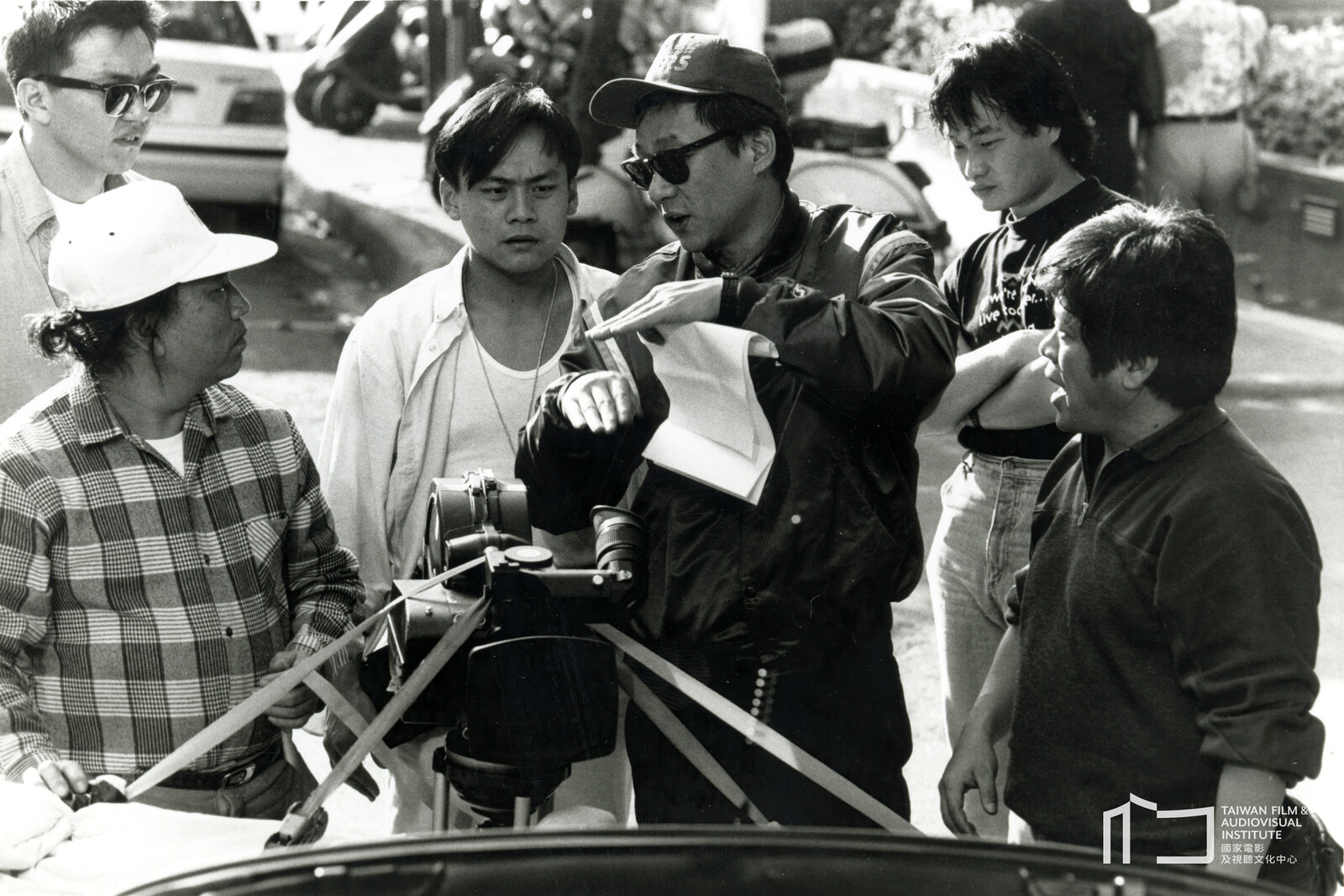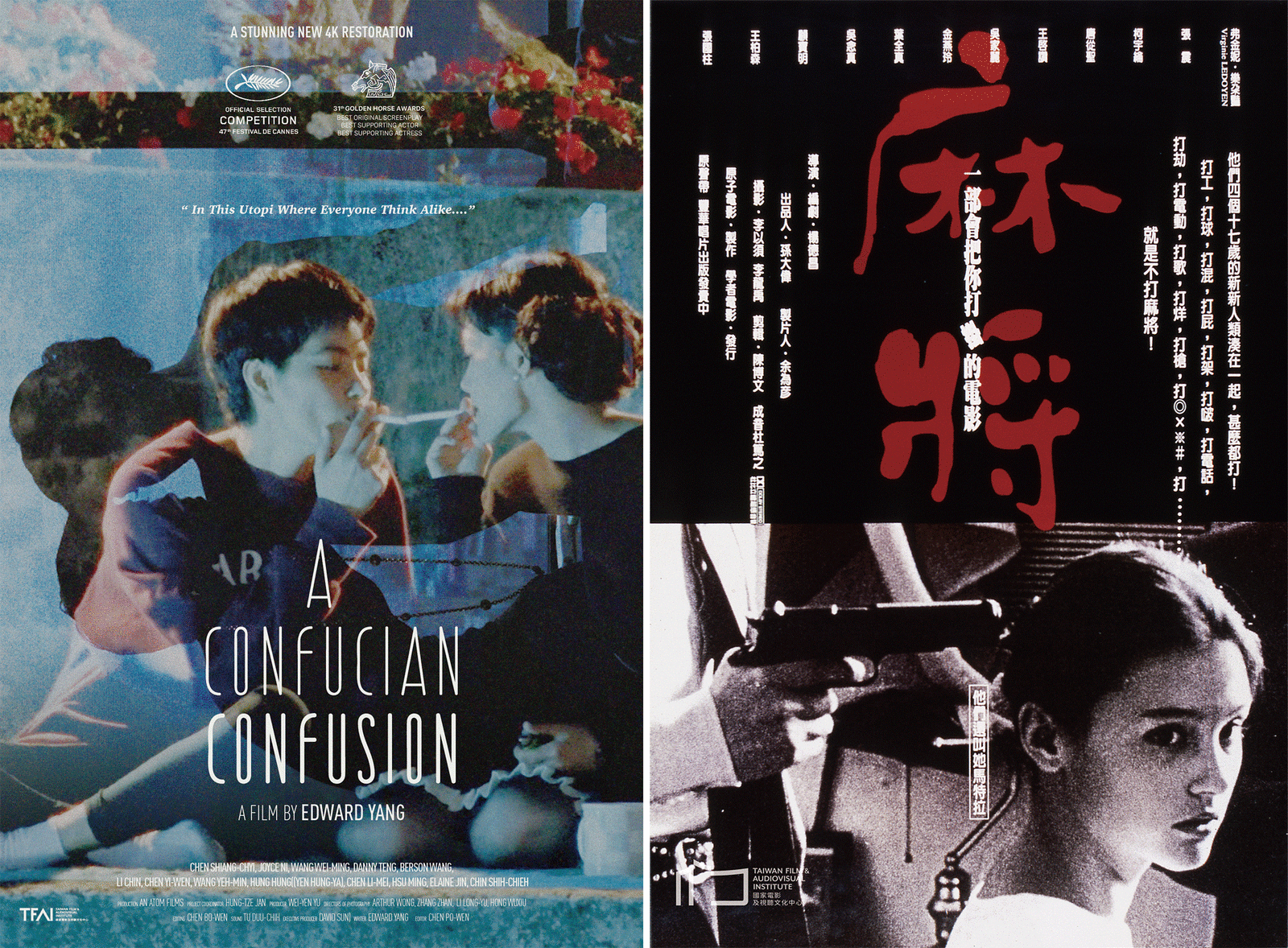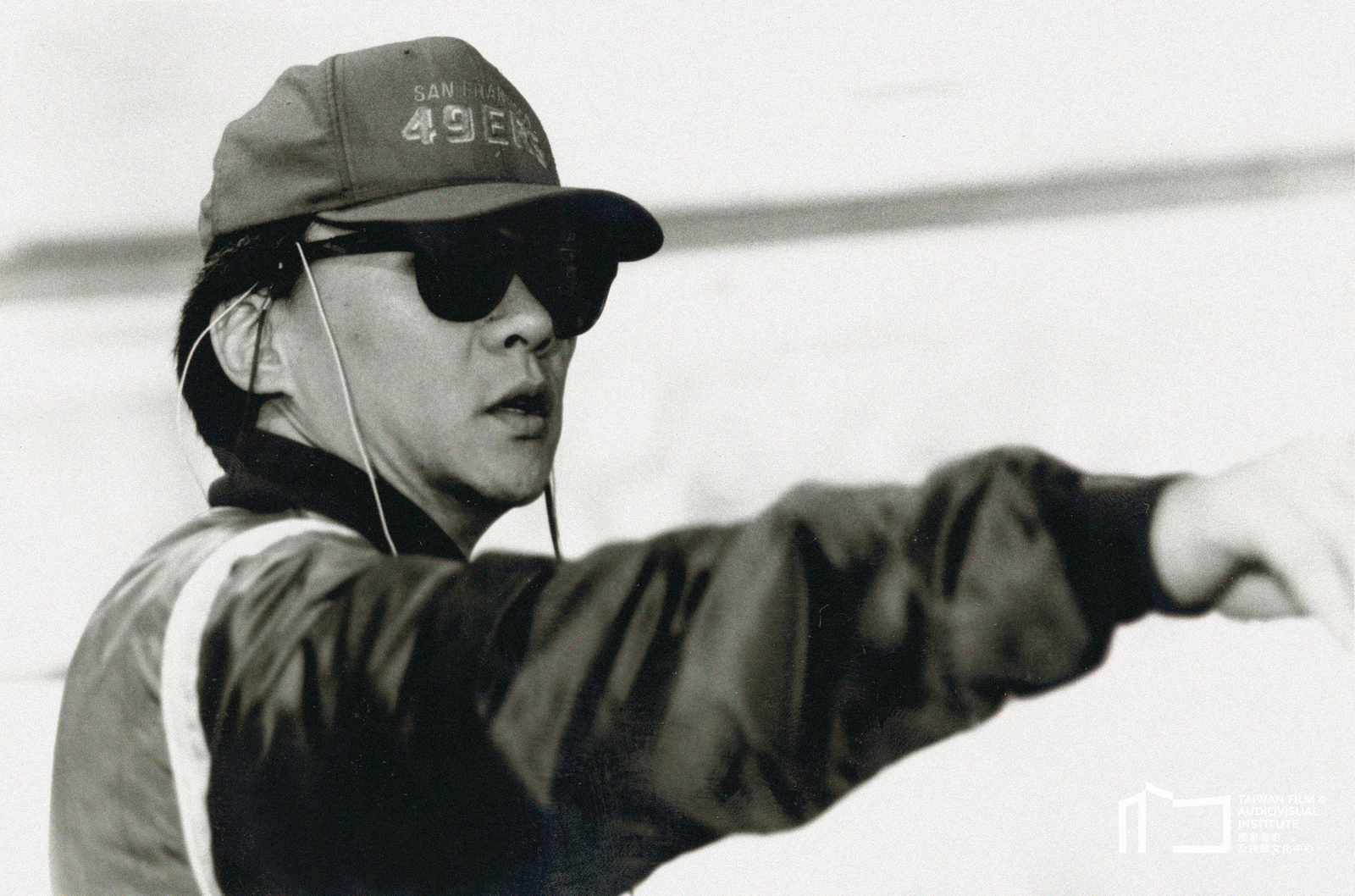Presented by Taipei Fine Arts Museum (TFAM) and Taiwan Film and Audiovisual Institute (TFAI)
No. 181 Zhongshan N. Road Sec. 3
Taipei 10461
Taiwan
Upon the 15th anniversary of the death of the renowned Taiwanese director, Edward Yang (De-Chang), the Taipei Fine Arts Museum (TFAM) is joining hand with the Taiwan Film and Audiovisual Institute (TFAI) to sign an agreement with the director’s widow, Peng Kai-Li, for launching Edward Yang: A Retrospective (TBD) and the digital restoration of Yang’s two films, A Confucian Confusion (1994) and Mahjong (1996). Scheduled for mid-July 2023, along with the retrospective and an international forum co-curated by the TFAM Director Wang Jun-Jieh and film researcher Sing Song-Yong, the TFAI will screen Yang’s entire oeuvre.
Director of the “Taiwan New Cinema”
Edward Yang was one of the most iconic and world-famous Taiwanese directors of the 1980s’ “Taiwan New Cinema” movement, which marked the beginning of the unique and innovative culture of Taiwanese cinema and created extraordinary achievements in the global cinematic scene. A director with ample and diverse creative energy, Yang directed one TV series, one short film, and seven feature films throughout his life. He was also the playwright and director of at least four theatrical productions, several music videos and flash animations, as well as an artist of comic strips. Reputed “the thinker of urban culture,” Yang focused on urban dwellers’ living situations and experiences of modernity, with Taipei as the common background in his works. His expressions and approaches were always bold, witty, and dialectically rational. Throughout his life, he endeavored in realizing his film language in a distinctive way.
Yang was also a constant winner of awards and prizes: A Brighter Summer Day (1991) won Best Feature Film and Best Original Screenplay at the 28th Golden Horse Award, as well as Best Feature Film at the 36th Asia Pacific Film Festival. Mahjong won Special Jury Award at the 46th Berlin Film Festival and Best Director at the 9th Singapore International Film Festival. In 2000, Yang’s A One and a Two won Best Director at the Cannes Film Festival, making him the first Taiwanese director to ever receive this honor. In short, Yang’s creative career had continuously set new milestones for the Taiwanese cinema.
Comprehensive retrospective
The initiative of the collaboration began in 2019 when Peng and the TFAI started discussing the preservation of Yang’s estate and to digitally restore A Confucian Confusion and Mahjong, two films from Yang’s “Taipei Trilogy.” Never shown to the public, Yang’s estate deposited by Peng comprises more than two thousand pieces of film-related archives and documents, including Yang’s notebooks, project proposals, screenplays, letters, production papers, and various audiovisual materials throughout his career, which, according to Peng, many international institutions have expressed interest in collecting. The TFAI has spent nearly three years inventorying, organizing, digitizing, and studying the archives, and decides to join hands with the TFAM to launch a large-scale exhibition featuring these archives, which will also be the most comprehensive retrospective of Edward Yang ever presented in the world.
As for digitally restoring A Confucian Confusion and Mahjong, it would be the final step to show Yang’s oeuvre comprehensively to the public. A Confucian Confusion, an absurd comedy, satirizes the Confucian society in Taiwan that prides itself for being free and open while falling gradually into the capitalist logic. The film also shows traces of Yang’s career spanning both film and theatre. Mahjong, on the other hand, demonstrates Yang’s individualistically grim style. The film portrays the sense of emptiness and being lost, which permeates urban Taipei in a post-colonial context of globalization, displaying a ruthless depiction but not without a silver lining for redemption. When sent to the TFAI from the film laboratory of the Central Motion Picture Company (CMPC), the film rolls of the two films were highly damaged, with multiple mold spots, water marks and visible seams. With the technology of digital restoration, the films will be restored to a pristine state, bringing back the classics to the public.
Based in Taipei, an epitome of globalized cities that renders the universal progression of the contemporary world, Yang was concerned with the blind pursuit of economic development, and was acutely sensitive as to how political, economic, and cultural colonization has affected people’s living situations and fate. Until today, the cautionary reminders embedded in his works are still sharply insightful and strongly compelling. In remembrance of Yang and his achievements, apart from showcasing Yang’s crucial documents and archives for the first time, the retrospective will highlight his creative trajectory and thinking through fresh perspectives and an interdisciplinary form, which integrates installation, new media, and theater, re-acquainting the world with Yang’s cinematic world of brilliance and his time.
The TFAI President Lan Tsu-Wei states, “it is a great pleasure to carry forward Yang’s accomplishments together with the TFAM, for which we pay special thanks to Ms. Peng Kai-Li and the overall planning of the TFAI CEO Wang Chun-Chi.” TFAM Director Wang Jun-Jieh says, “the exhibition will not only address Yang’s important achievements in terms of his aesthetic, cultural and historical critiques, but will also spur a dynamic dialogue between film and contemporary art. Meanwhile, we also look forward to tour the exhibition internationally in the future.”




